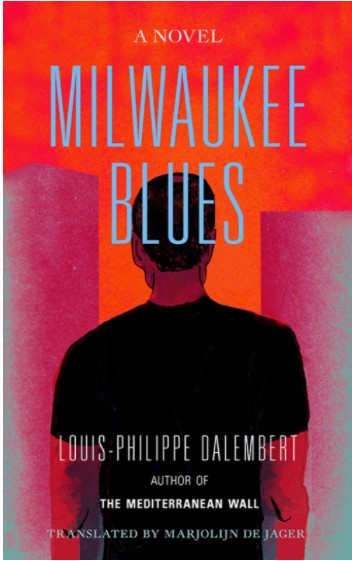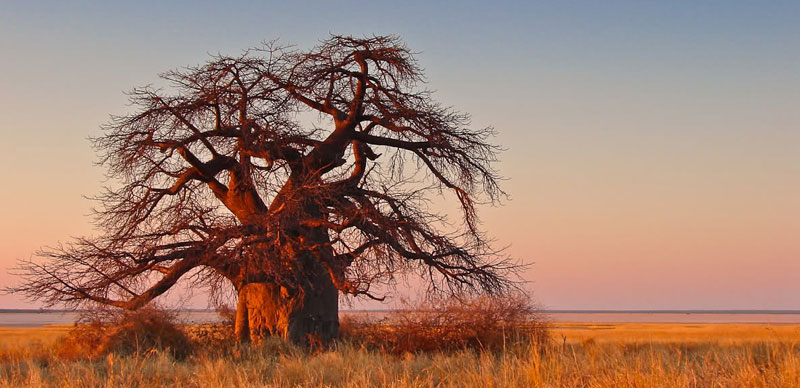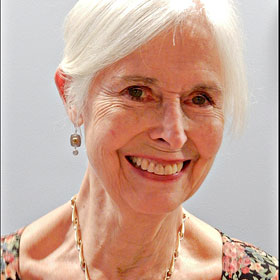
Milwaukee Blues
Named Best World Literature of 2023
Milwaukee Blues, by Louis-Philippe Dalembert, translated from the French by Marjolijn de Jager (Schaffner Press, Inc.: May 2023) has been named on a list of the best books of world literature of 2023 by the Library Journal.
Read More About Milwaukee Blues
“Translators are the shadow heroes of literature, the often forgotten instruments that make it possible for different cultures to talk to one another, who have enabled us to understand that we all, from every part of the world, live in one world.”
– Paul Auster
Meet Translator Marjolijn de Jager
As a young child Marjolijn de Jager wrote poems dedicated to her grandmother that she illustrated herself. As an adolescent she wrote short stories and letters –in diary form, of course – to Anne Frank. A desire to write, to communicate, was born.
Marjolijn’s fascination with writing, with language, with words became a revelation when she realized that translation is writing, and that since she had mastery of three languages (Dutch, English, and French) this could be the form the writing would take.
With the naiveté and/or arrogance of puberty, Marjolijn began at age 16 with the hardest genre of translation: Dutch poetry, the poems she most loved in her native tongue. Why? So she could share them with friends who could not read them in the original language. Eventually, a few of these were published for the first time in a college literary magazine when Marjolijn was 19, and more were subsequently accepted in various poetry journals.
Many decades later – after attending undergraduate and graduate school, after writing the required multitude of academic articles and a dissertation, and after raising two children, Marjolijn returned to translation as a profession this time, albeit side by side with a full-time teaching career. And when Marjolijn started reading African literature written in French, the work became a passion, particularly when the authors were women. Again: why? Because her political activism would now, through translation, become part of her writing, so the voices of those who are not generally heard might find a larger readership and be given the attention they so amply deserve.
The baobab tree symbolizes, to Marjolijn de Jager, the cultural abundance and strength of African writers, and she is grateful to be the translator of their stories.
Imagine a tree so large and resilient that its greatest threat is not climate change, disease, or deforestation, but only the nuisance of an elephant looking for water. The baobab (BOUGH-bob) tree is known for its size and spiritual significance in many African cultures. It is known– in Senegal, among other places – as the “tree of life,” since every part of it is used: the bark is used for cloth, matting, roofing, and rope-making; the leaves for medicinal use and condiments, but also as a green vegetable in the “hunger season” when no other crops are available; the fruit, also known as “monkey bread,” is eaten as well; and, when hollowed, the trunks are large enough to serve as human shelter.
May you, who peruse this website, discover some of these magnificent voices, too. And thank you for becoming part of their audience!
Learn More in Interview with Jonatan Goldberg of Wordsmith Blog (English) or (French)
Contact Marjolijn de Jager
Please call Marjolijn at (203) 322-0706


